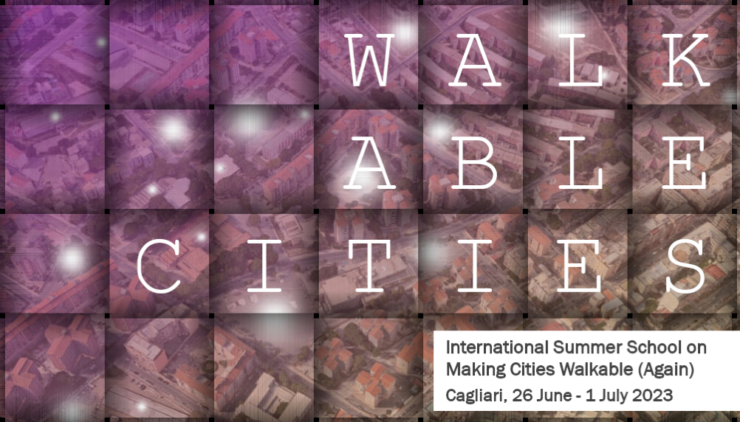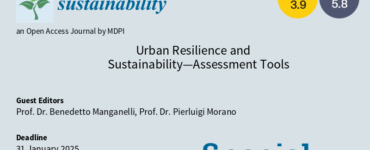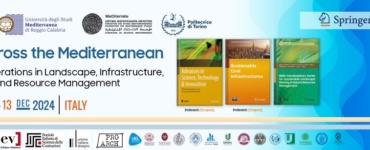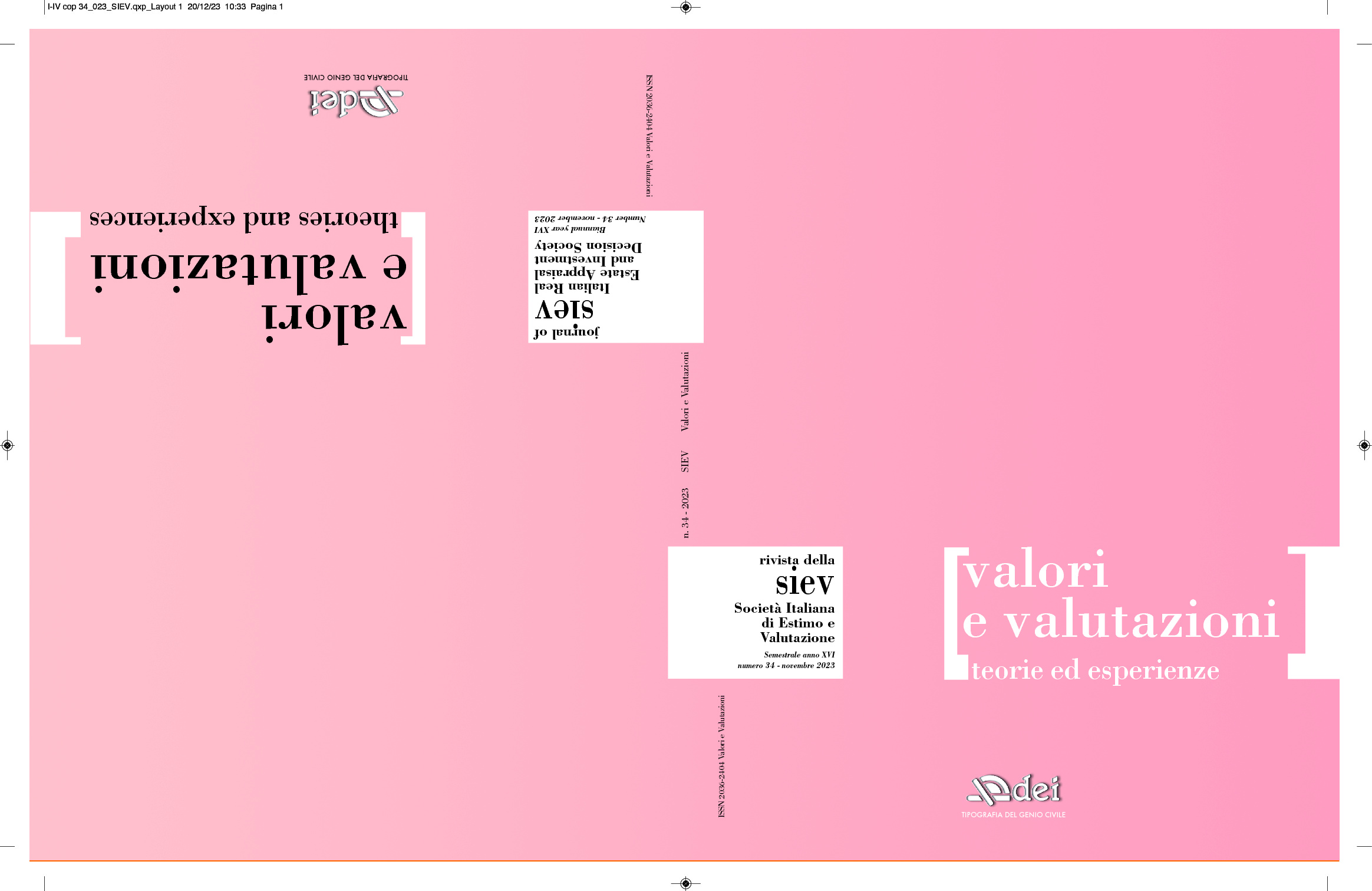Walking Cities
Cagliari, 26 June-1 July 2023
Co-organised by Universities of Cagliari, Milano-Bicocca and Sassari
Aims and methods
The Summer school “Walking Cities” is dedicated to walking in cities and to cities that walk.
The interdisciplinary experience of the School offers a plurality of perspectives and analytical tools to help design policies, projects, and actions for making urban environments and services more conducive to everyday life based on walking and active mobility, and for better integrating them into urban mobility services and infrastructures of contemporary cities.
The Summer School is organised as a one-week residential intensive programme in Cagliari, from 26 June to 1 July.
The participation is primarily addressed to PhD students, but is also open to graduate students, post-doctoral fellows, young researchers, professionals and public officers interested in the topics of the School.
Besides theoretical and methodological lectures and seminars, during the Summer School the students will be engaged to conduct a fieldwork activity on a case-study area in Cagliari, allowing them to experiment and deploy different tools and techniques for observing, interpreting, and representing urban space and social practices in relationship to walkability and mobility patterns, and will then outline proposals for policies and spatial interventions.
To arrive at outlining such proposals, the students will carry out the fieldwork under the supervision of teachers, learning and applying spatial research methods regarding analysis of walkability, mobility patterns and social practices of use of space, exploring the relationship between the quality of urban space (continuity, balance, safety, comfort, accessibility, interest and attractiveness) and inhabitants’ and city users’ perceptions, attitudes, and relations with that space.
The analyses will be carried out by students, organised in small groups, combining different methodologies and techniques, including direct observation, interviews and surveys, mapping and data analysis, photography, and video.
Following the fieldwork, the students will be engaged and coached by teachers to design integrated solutions, including interventions on urban space and possible innovative policies and services. aimed at improving the walkability of the study area.












Add comment